The advent of Facebook and other social media platforms have turned every St. Lucian into an intellectual, a celebrated author, a genius. Suddenly St. Lucians have become as brave as lions, as daring as wolves, and as of no respect of persons as gods. In this environment, it can be difficult to separate the grain from the chaff. Political hacks and pseudo-intellectuals clothe themselves as intellectuals of the highest order, and are jostling for position at the top of the intellectual food chain.
Some of the telltale signs of our intellectual wannabes include preference for polysyllabic jargon, the dropping of names and the seeking of intellectual status by association and references to great books and authors, the use of pompous, intelligent-sounding terms and phrases, quick on the draw to castigate opponents, and quick to turn discussions/disagreements into personal attacks and insults.
But the story is not all murky. Some bright lights have managed to pierce through the murk. We do have a crop of legitimate public intellectuals who are worthy of mentioning.
But before we present St. Lucia’s top public intellectuals, it is only fair that we explain what we mean by public intellectual and the criteria upon which we based our selection.
Let’s begin with a dictionary definition of an intellectual as “a person who engages in critical thinking, research, and reflection about the reality of society, and who proposes solutions for the normative problems of society.” And a public intellectual being an “intellectual participating in the public-affairs discourse of society.” So a public intellectual isn’t one who simply engages in critical thinking, research, and reflection but one who brings such intellectual preoccupation to bear on the problems of society.
In addition, we believe that the true intellectual is ultimately on a quest for truth, no matter how uncomfortable the truth and where the quest leads. Therefore, we agree with Ralf Dahrendorf that “all intellectuals have the duty to doubt everything that is obvious, to make relative all authority, to ask all those questions that no one else dares to ask.” And with the notion that an intellectual should be “an impartial critic who can rise above the partial preoccupation of one’s own profession (and social and political affiliations)—and engage with the global issues of truth, judgment, and taste of the time.”
We think it is very difficult, near impossible, to realize those ideals of impartiality and pursuit of unsparing truth and yet being in the mainstream of society. Therefore, although we won’t hold our candidates up to it, we don’t disagree with Edward Saïd that the “true intellectual is always an outsider, living in self-imposed exile, and on the margins of society.”
Thus, in summary, our public intellectual steps outside the comfort of academia, his profession, his political and social affiliations, to grapple with the problems of society and propose solutions or point to new ways of looking at the world. The intellectual isn’t one who is simply serving as a mouthpiece of his political party or his social class; nor one who is articulating the well-established, the mundane, what is generally known. The intellectual is an original thinker, brings out fresh ideas, new insights, new ways of looking at an issue, and provides novel solutions to societal problems.
The intellectual cannot be about the regurgitation of slogans, the party line, established bodies of theories and philosophies. The intellectual goes where no one has gone before, or where no one dares to go. The intellectual may start with existing facts, established theories, but extends the existing body of knowledge to address new situations, to gain new and deeper insights, to go where no one else has ventured.
The good book said, “Ye shall know them by their fruits.” So to gain membership into our club of top public intellectuals, no matter how intellectually satisfying and cogent, it isn’t sufficient that one is very active on social media and on other platforms reacting to, commenting on, what others have posted or published. One would need to present their intellectual ruminations in the form of books, thought-provoking articles, podcast, etc. In other words, one has to put in the dedicated, hard work. In addition, we would be basing our selection on the volume and quality of such intellectual output, with greater weight placed on recent years. In other words, we are focusing on public intellectuals who are active and current.
With this preamble out of the way, let us present in alphabetical order our pick of St. Lucia’s top public intellectuals.
Dr. Adrian Augier
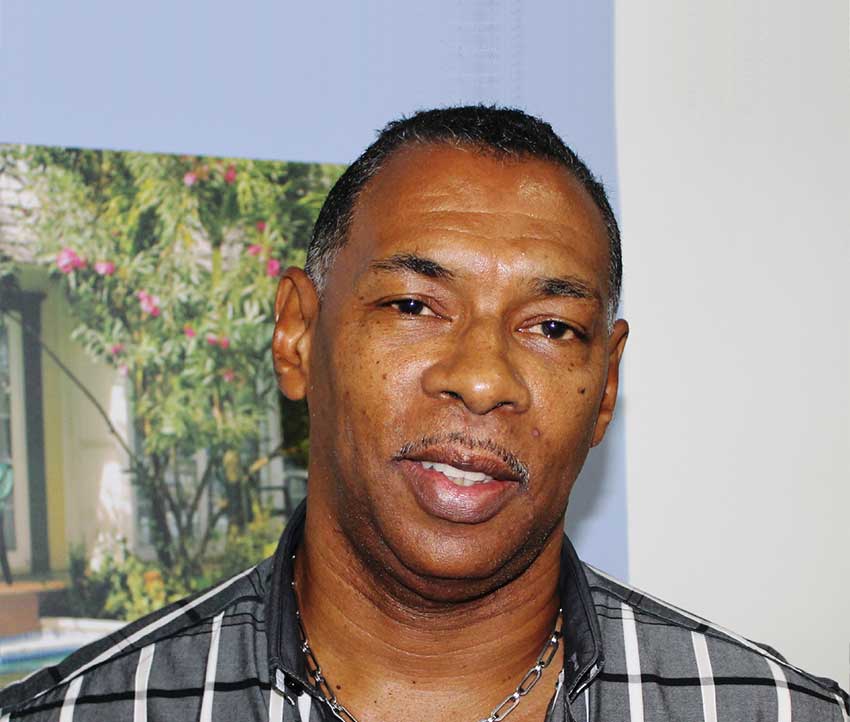
The evidence of Dr. Adrian Augier’s intellectual prowess is in his collections of poetry, his essays, and his interviews and addresses. He writes and speaks to issues of culture, nationhood, national character and identity, and how the politics of the country are impeding its social and economic progress. His Derek Walcott Memorial Lecture, A Whole People, his interview on the Global Indian podcast, Queen and My Country – Reparations & The Caribbean, are some recent manifestations of his pet areas of discourse. Some of his works are archived in adrianaugierblo.
Dr. James Fletcher
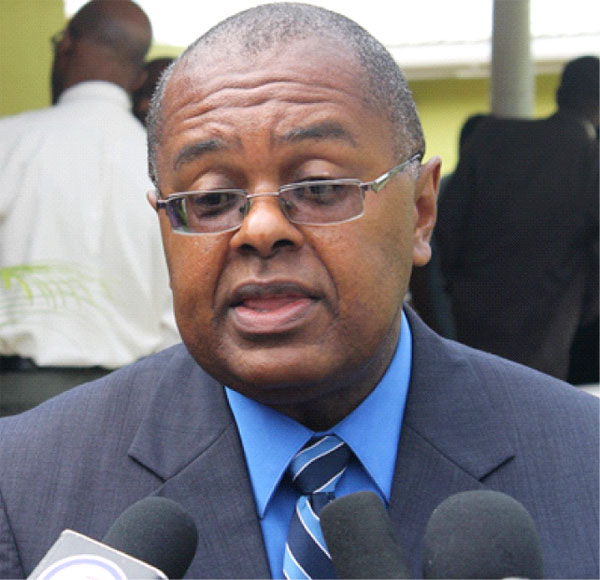
Dr. James Fletcher is a breath of fresh air on the St. Lucia intellectual landscape. His discourses, which range from food security to culture to governance to social and economic development, are thoughtful, balanced and well composed, and come in easy to follow, digestible bites. Not only do they discuss or draw attention to the problems and challenges we face as a nation but they point to the way forward. Moreover, he is quite active in the public domain. His pieces appear on social media, in his Two Cent Tuesday podcast, in his book Governing in a Small Caribbean Island State, and on the website
Dr. Stephen King
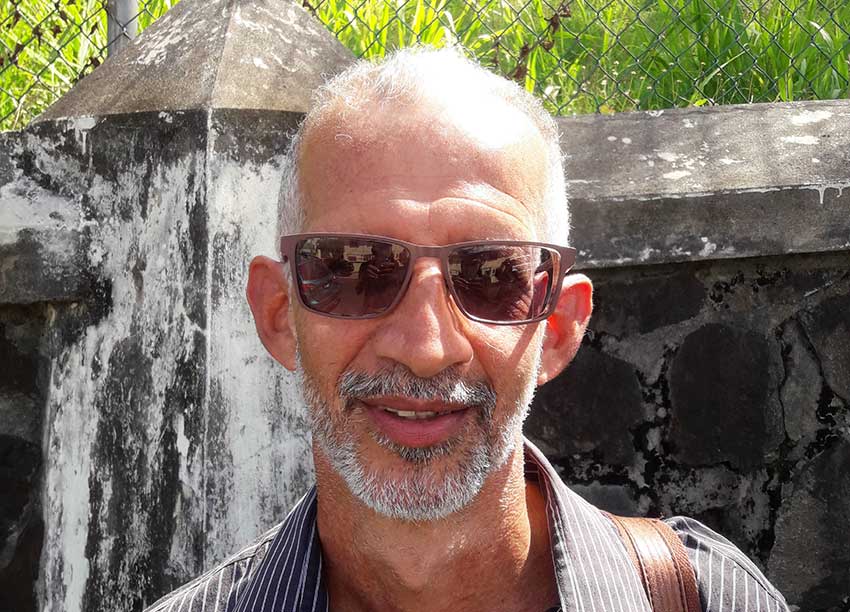
Dr. Stephen King isn’t nearly as prolific in intellectual output as our other candidates. But he seems to weigh in, and his views are sought after, on just about every urgent issue confronting the country, even those far afield from his area of professional expertise—medicine. According to Dr. Reynolds, King’s impassioned article, Enough is Enough, on the urgent need for constitutional reform, and his television plea for such change, inspired a whole chapter on constitutional reform in his latest book, No Man’s Land: A Political Introspection of St. Lucia. Clearly, Dr. Stephen King as an intellectual force is very much a St. Lucian reality.
David Prescod
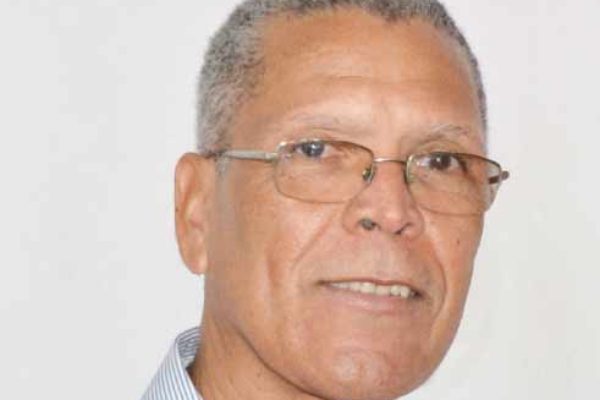
During the 2016 to 2018 period, as a columnist for the Voice of St. Lucia, David Prescod produced a burst of all-consuming, all-encompassing articles on various aspects of St. Lucian society, politics, and economic development that could be the envy of any journalist. His multiple-part articles on DSH and on the rebuilding of St. Jude (over twenty parts), two of the most weighty and contentious issues on the country’s front burner, were the most anyone had written on the subjects. Indeed, If anyone is genuinely interested in overhauling our economy and our system of governance, then they should put their politics aside and start reading David Prescod’s articles. His views are well substantiated and he is one of our best writers contributing regularly to our newspapers. His writing is the kind of informative, incisive, and evidence-based discourse that St. Lucia needs much more of.
Dr. Anderson Reynolds
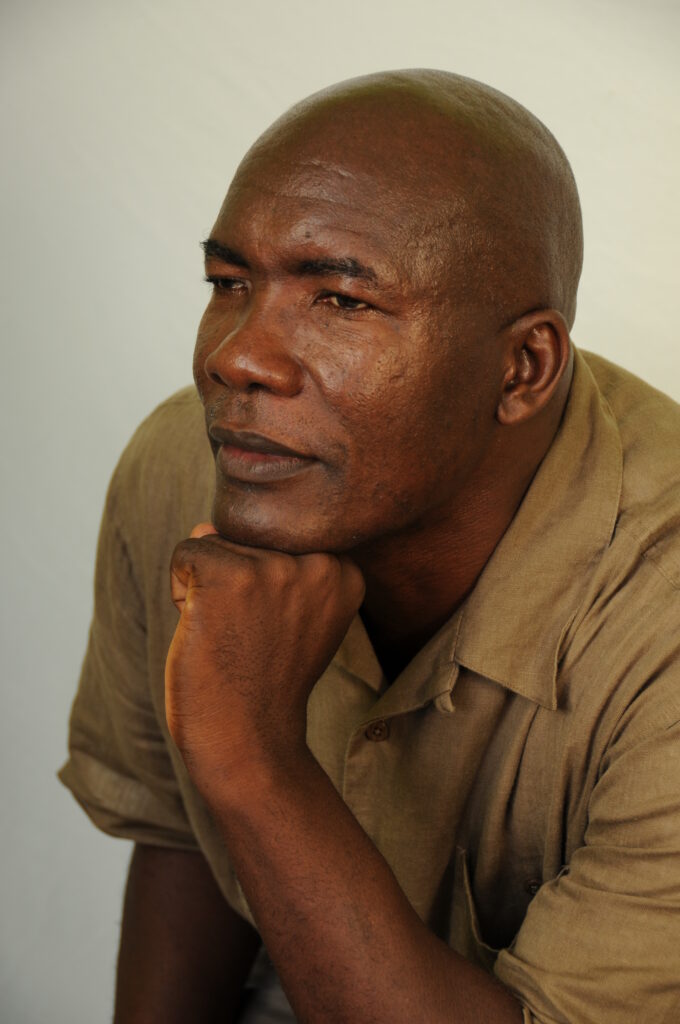
In recent years, Dr. Anderson Reynolds has emerged as one of St. Lucia’s most prolific and prominent writers. His intellectual output presents in his many newspaper and magazine articles and the five books he has authored, including two novels, a memoir, a historical creative nonfiction, and a political treatise. Many of his recent and archived blogs and articles can be accessed from Jako Productions.com. Dr. Reynolds is considered a foremost authority on St. Lucia’s socioeconomic history.
Cletus Springer
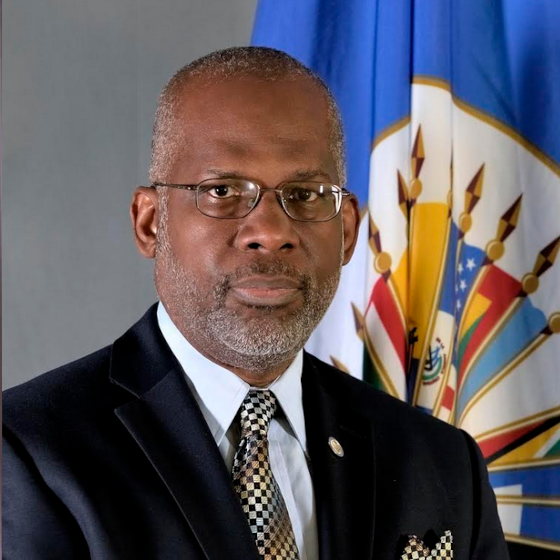
There was a time when Cletus Springer’s newspaper pieces, dwelling on society, culture, governance, and sustainable development, represented the best of St. Lucian journalistic writing. Since then, he has authored three books, Partnerships for Sustainable Development in Small States (John L. Roberts), Grass Street and Later Memories: a Biographical Sketch, and the novel, Sugar Blues. Nowadays Cletus Springer may not be as prolific as before, but because of his professionalism, astuteness, cogent intellect, and wealth of experience, he is much sought after to head national and international governmental boards, task forces, and institutions.
![]()
